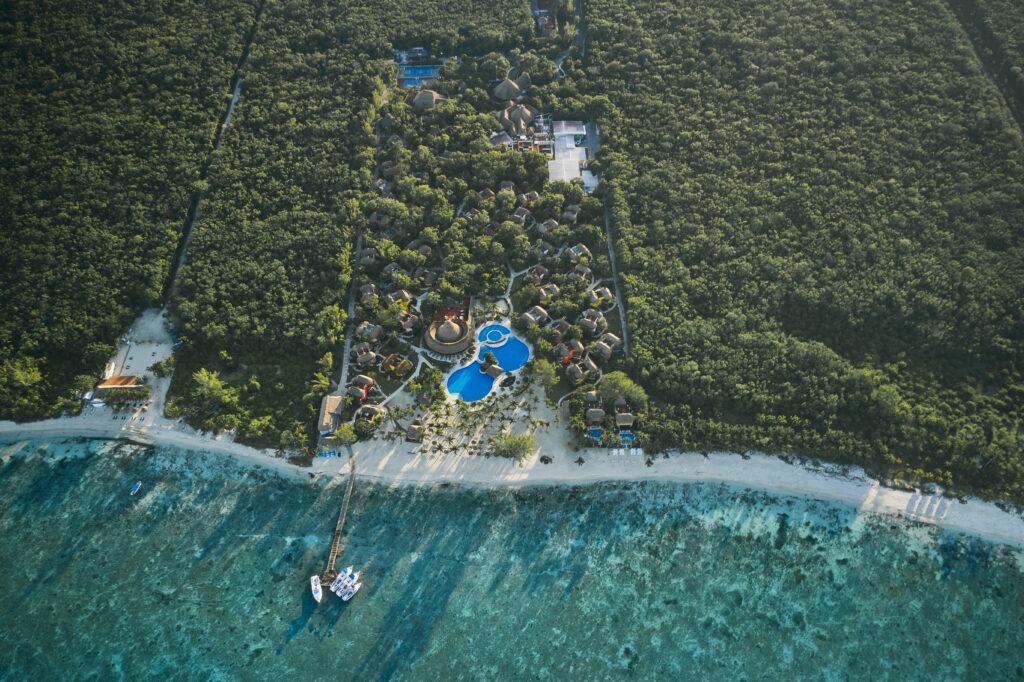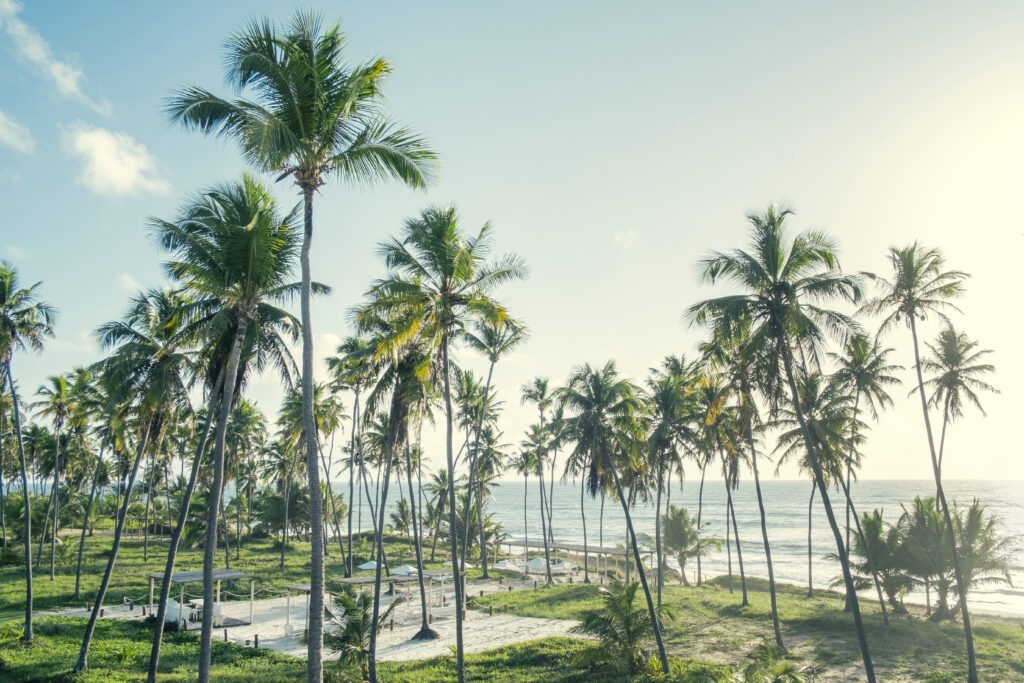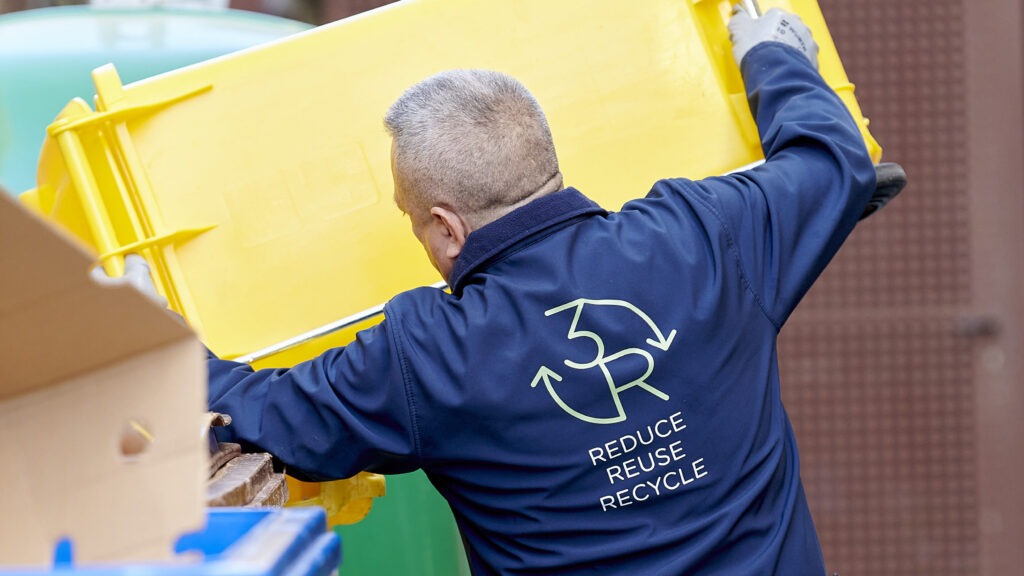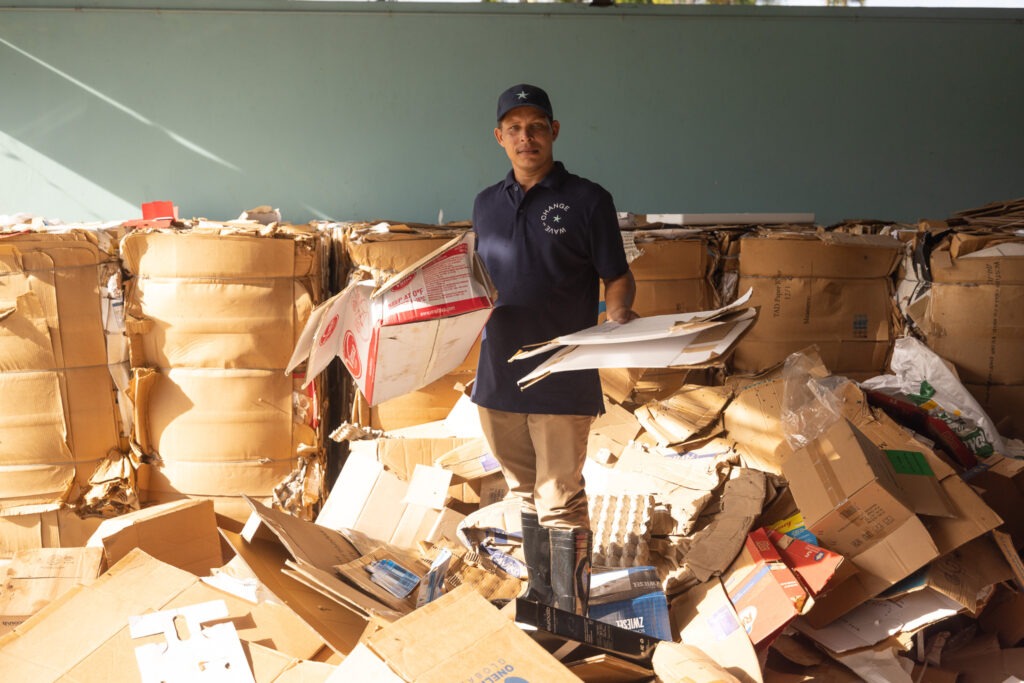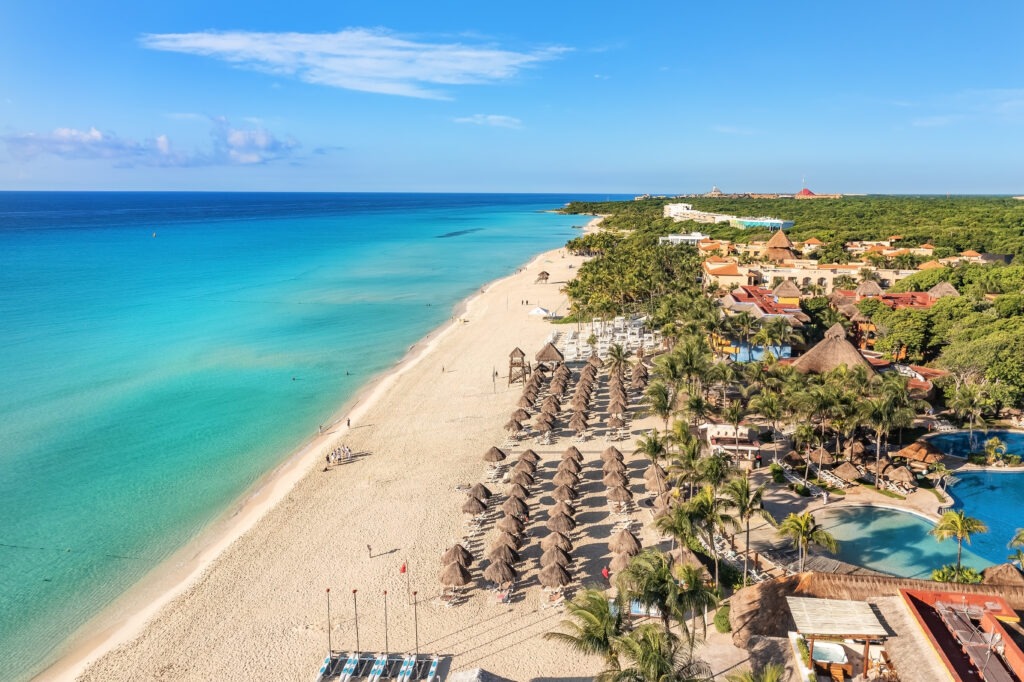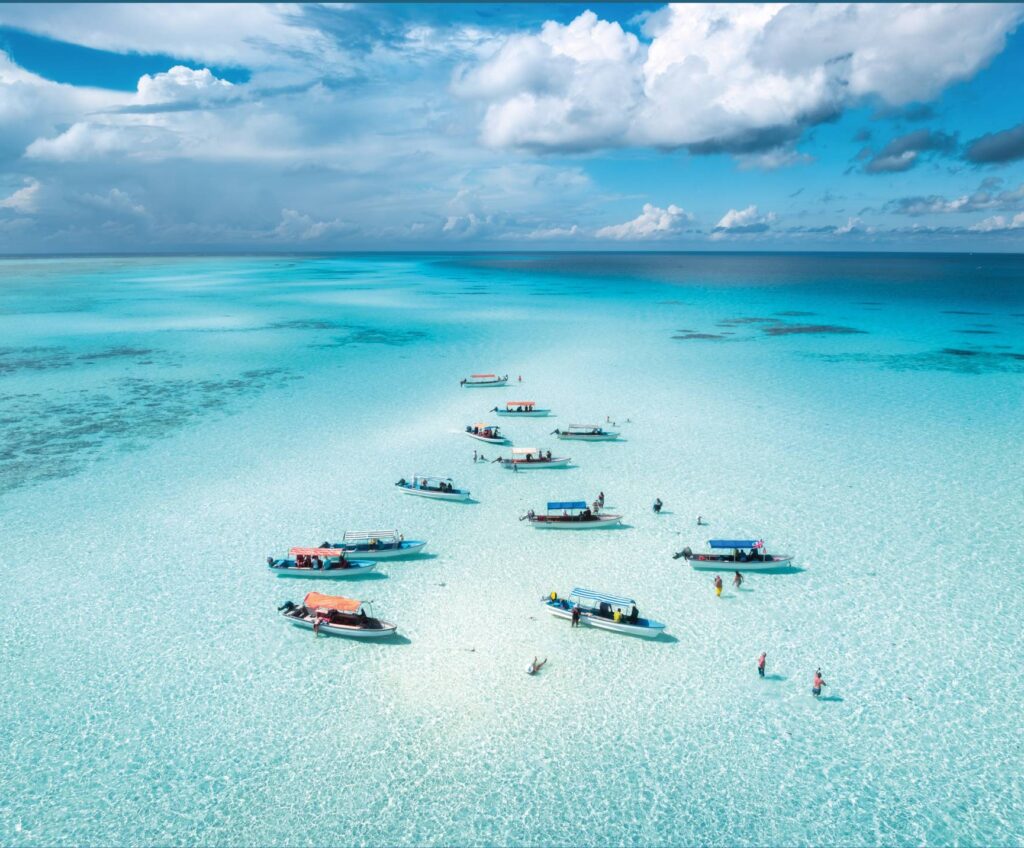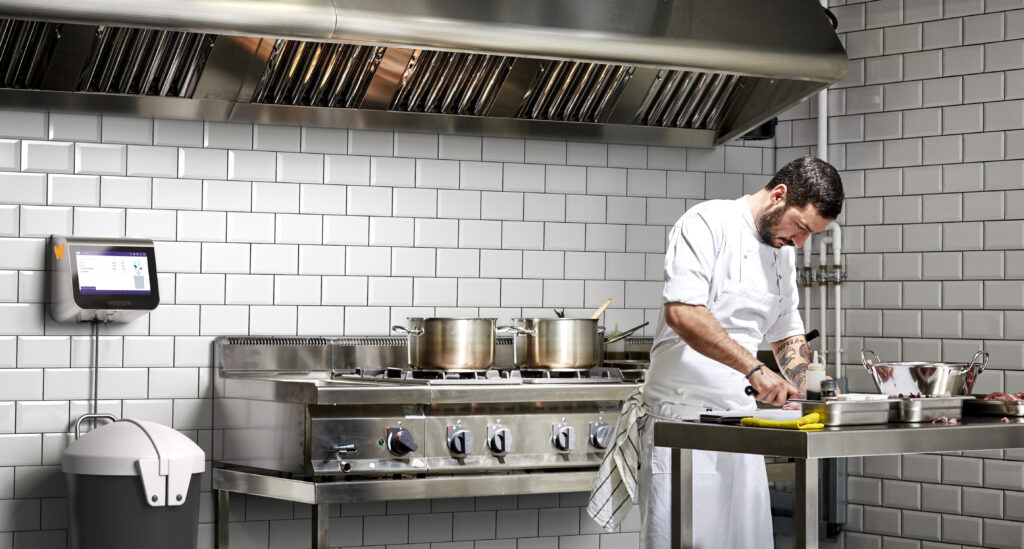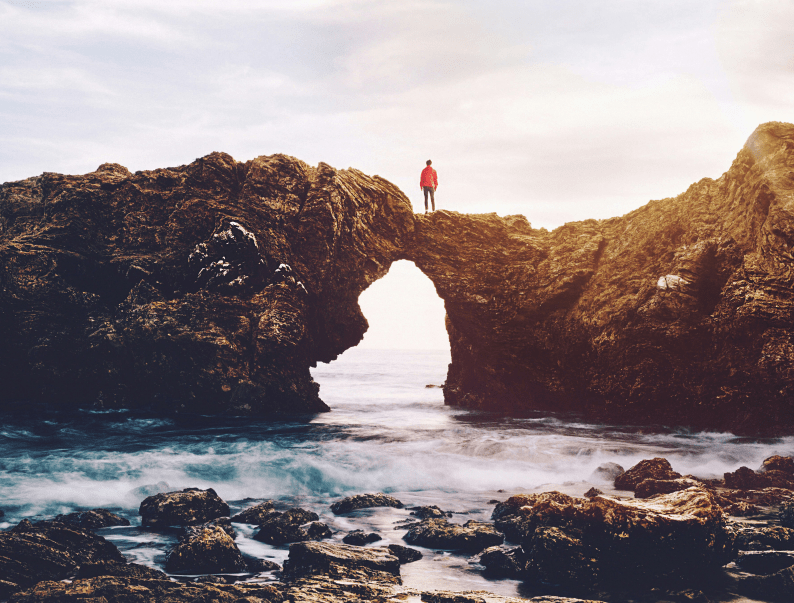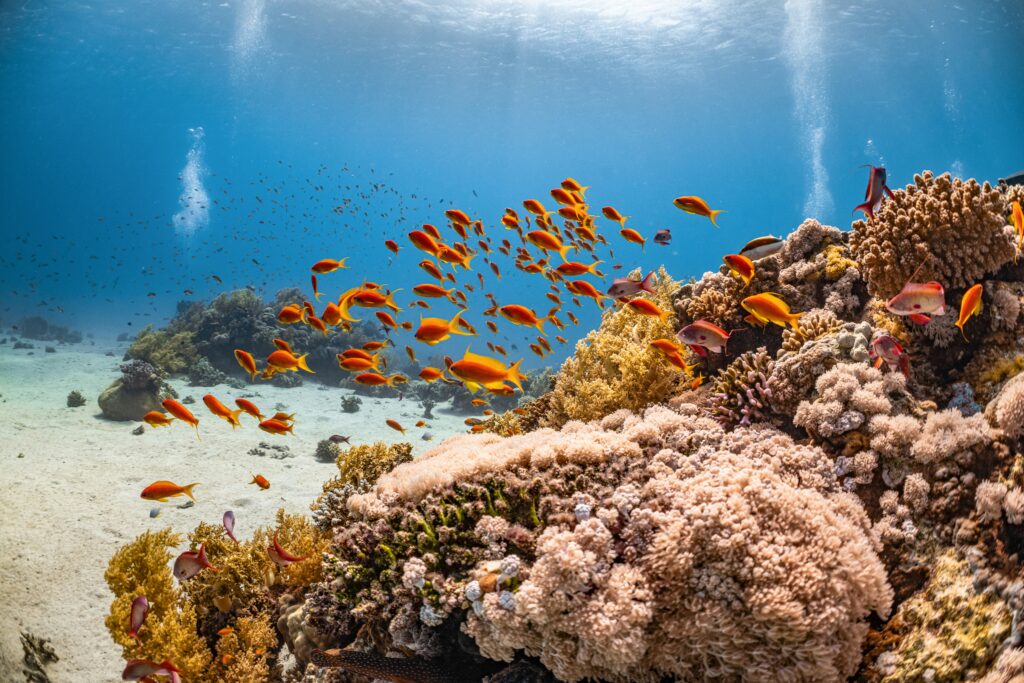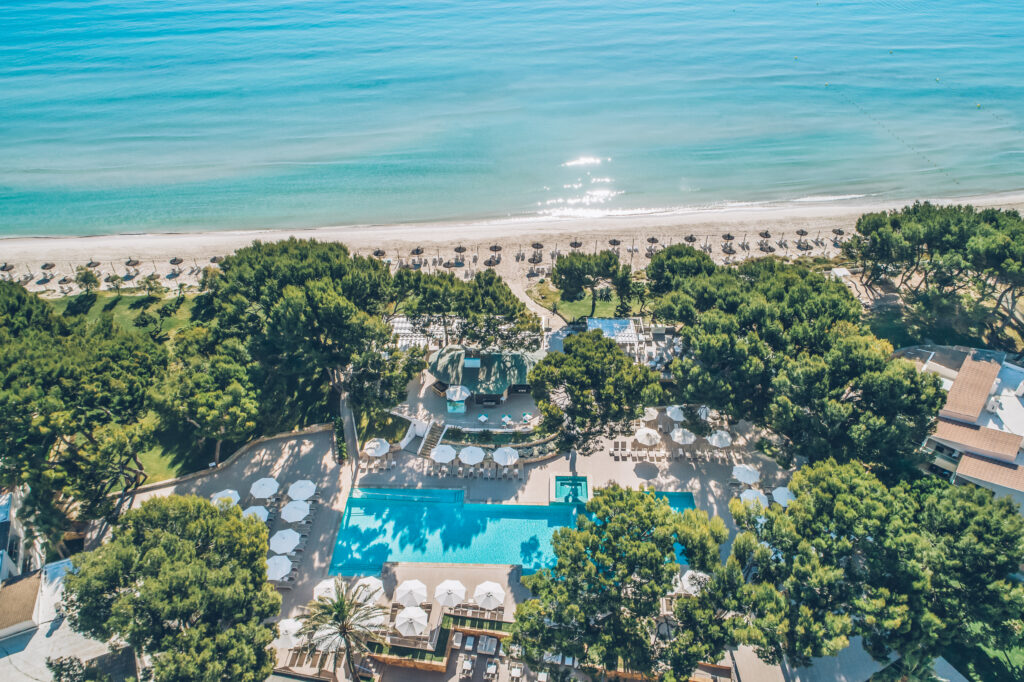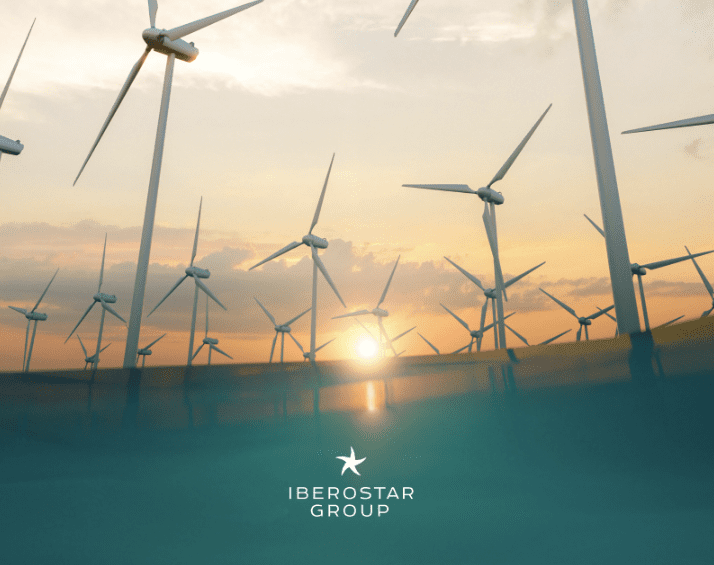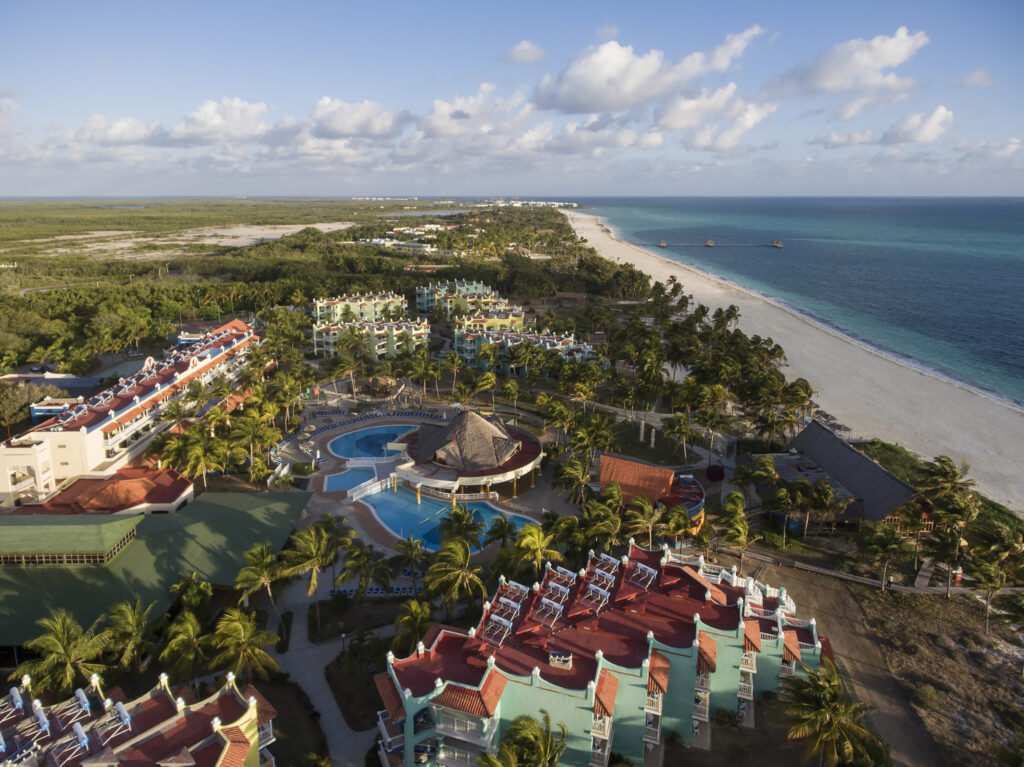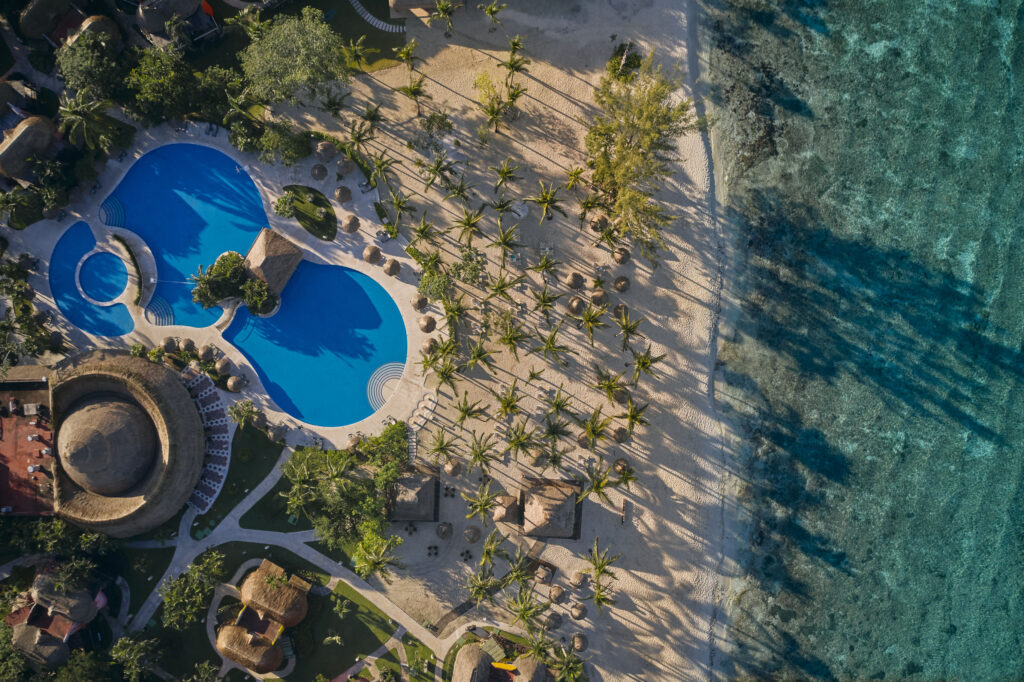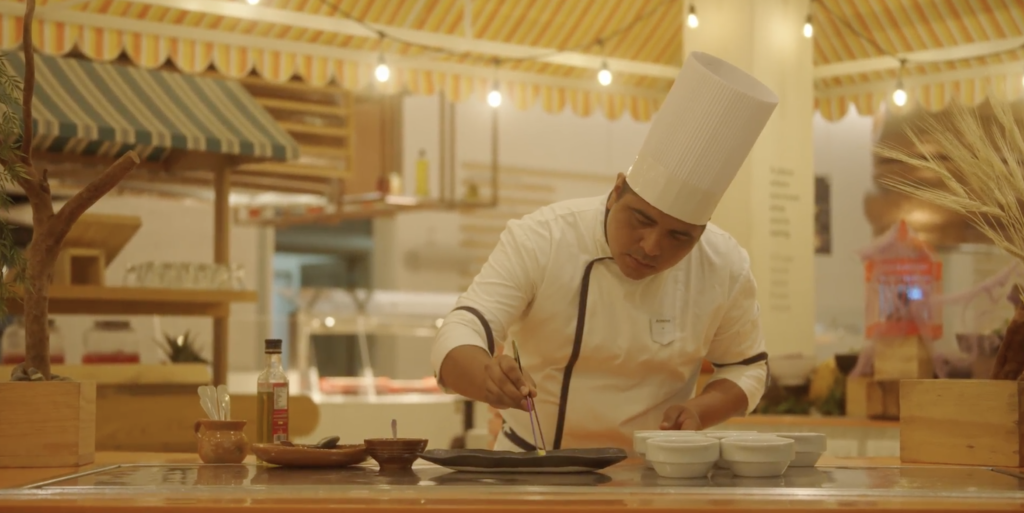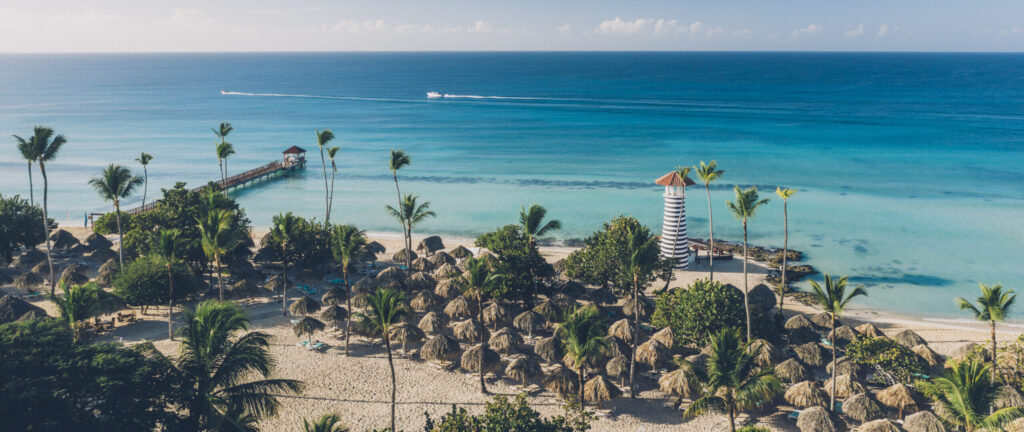Blue Foods

SOLUTION
Blue foods encompass foods derived from aquatic animals, plants or algae that are caught or cultivated in freshwater and marine environments. Blue foods are sourced from a variety of methods, with small-scale fisheries (SSFs) and aquaculture operations together contributing to a significant portion of global production. These sectors are crucial for sustainably providing vital nutrients to 3 billion people worldwide and supporting the livelihoods of nearly 800 million. Notably, nearly half of the blue food workforce comprises women. This underscores the significant socioeconomic impact and gender dynamics within this sector.
Blue foods contribute substantially to global food systems, offering nutritional richness, cultural significance, and a lower environmental footprint compared to land-based animal products. Despite their crucial role, challenges such as overfishing and habitat destruction are pressing. According to the latest FAO reports, approximately 35% of the world’s fish stocks are now being fished at levels that are not biologically sustainable, highlighting the urgent need for action to ensure the long-term viability of these vital resources.
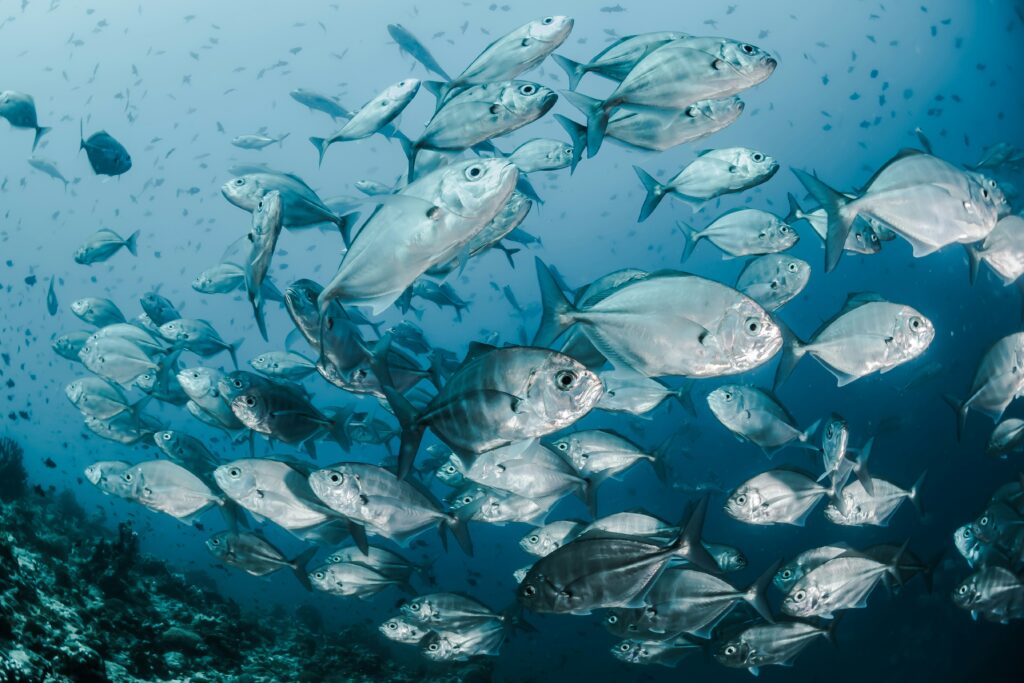
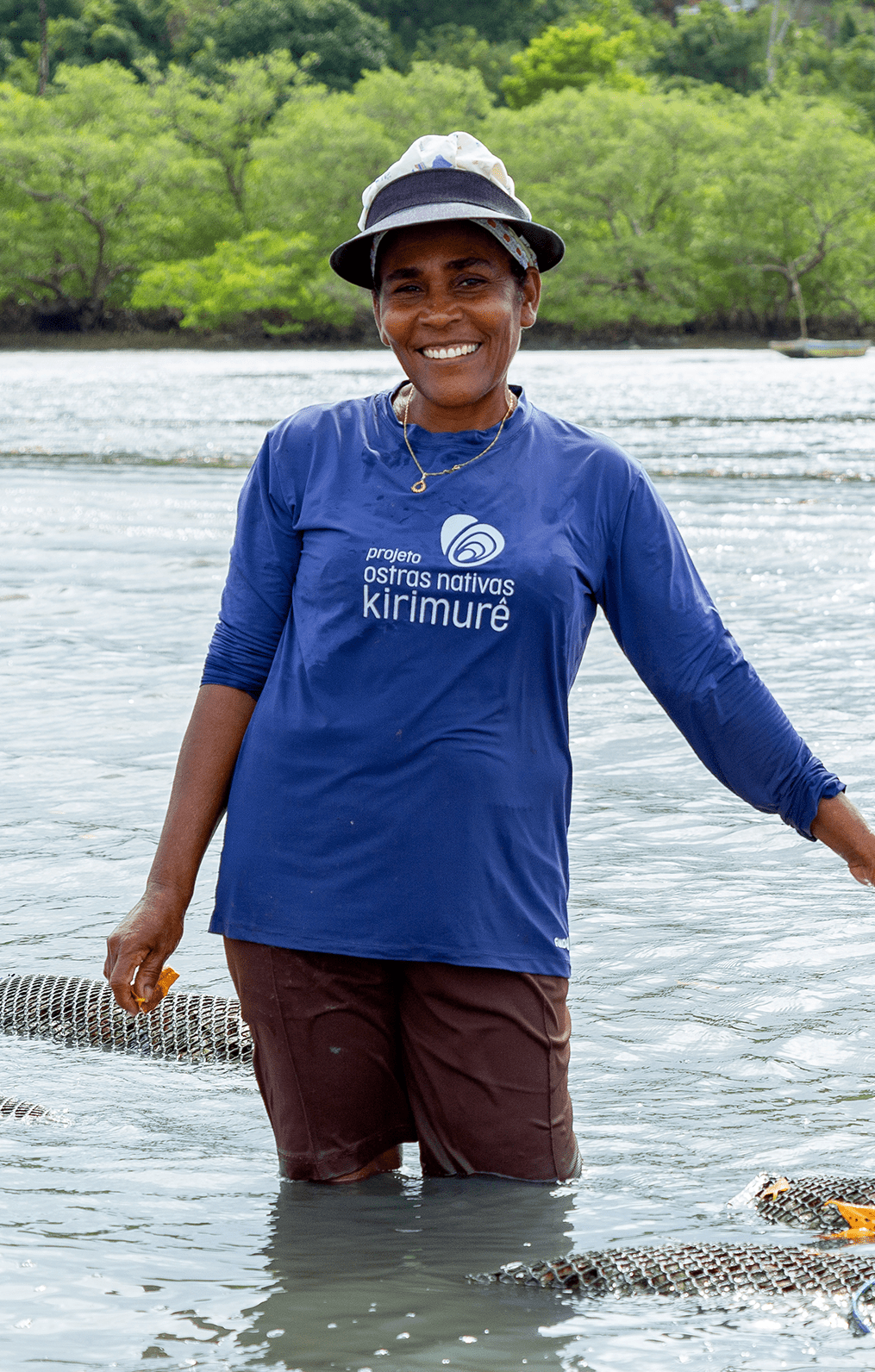

The Blue Foods solutions we are driving
We aspire to set a model that transitions from traditional seafood sources to responsibly-sourced alternatives, driven by our commitment to safeguarding ocean health through responsible consumption practices. Our approach revolves around four pivotal actions: defining a path towards sustainable seafood for the private sector, ensuring supply chain traceability, uplifting local communities, and exploring alternative blue foods.
01
Defining a path towards Sustainable Seafood
02
Supply chain Traceability
03
Lifting up Local Communities
04
Exploring alternative Blue Foods
We work to ensure transparency and accountability throughout seafood supply chains. Fostering the implementation of a responsible seafood framework, we prioritize tracing products back to their source to confirm their legal and sustainable origins. This critical step is foundational in preventing IUU fishing products from infiltrating our supply chain and serves as a catalyst for encouraging our suppliers to adopt and maintain superior practices. By prioritizing traceability, we ensure that sustainability and responsible practices are not just ideals, but enforceable standards at every stage of our supply chain
We work to ensure transparency and accountability throughout seafood supply chains. Fostering the implementation of a responsible seafood framework, we prioritize tracing products back to their source to confirm their legal and sustainable origins. This critical step is foundational in preventing IUU fishing products from infiltrating our supply chain and serves as a catalyst for encouraging our suppliers to adopt and maintain superior practices. By prioritizing traceability, we ensure that sustainability and responsible practices are not just ideals, but enforceable standards at every stage of our supply chain.
We actively engage with local fisheries and stakeholders of the local seafood supply chain, recognizing and supporting those demonstrating high sustainability standards or showing potential for improvement. We work to facilitate the adoption and maintenance of sustainable practices within these communities, leveraging commercial relationships and forming partnerships with local stakeholders.
In our pursuit of sustainability, we continuously explore alternative blue foods, actively seeking out and championing the cultivation and consumption of not only lesser-known aquatic species and algae but also focusing on low-impact, high-potential options. This includes prioritizing lower trophic species like small pelagic fish, embracing regenerative mariculture practices for bivalves, aquatic plants, and algae, and tapping into abundant, undervalued, and underutilized species. By doing so, we aim to alleviate pressure on traditional seafood stocks, reduce environmental footprint, and enhance global food security through more resilient and diverse marine ecosystems.
What we have achieved
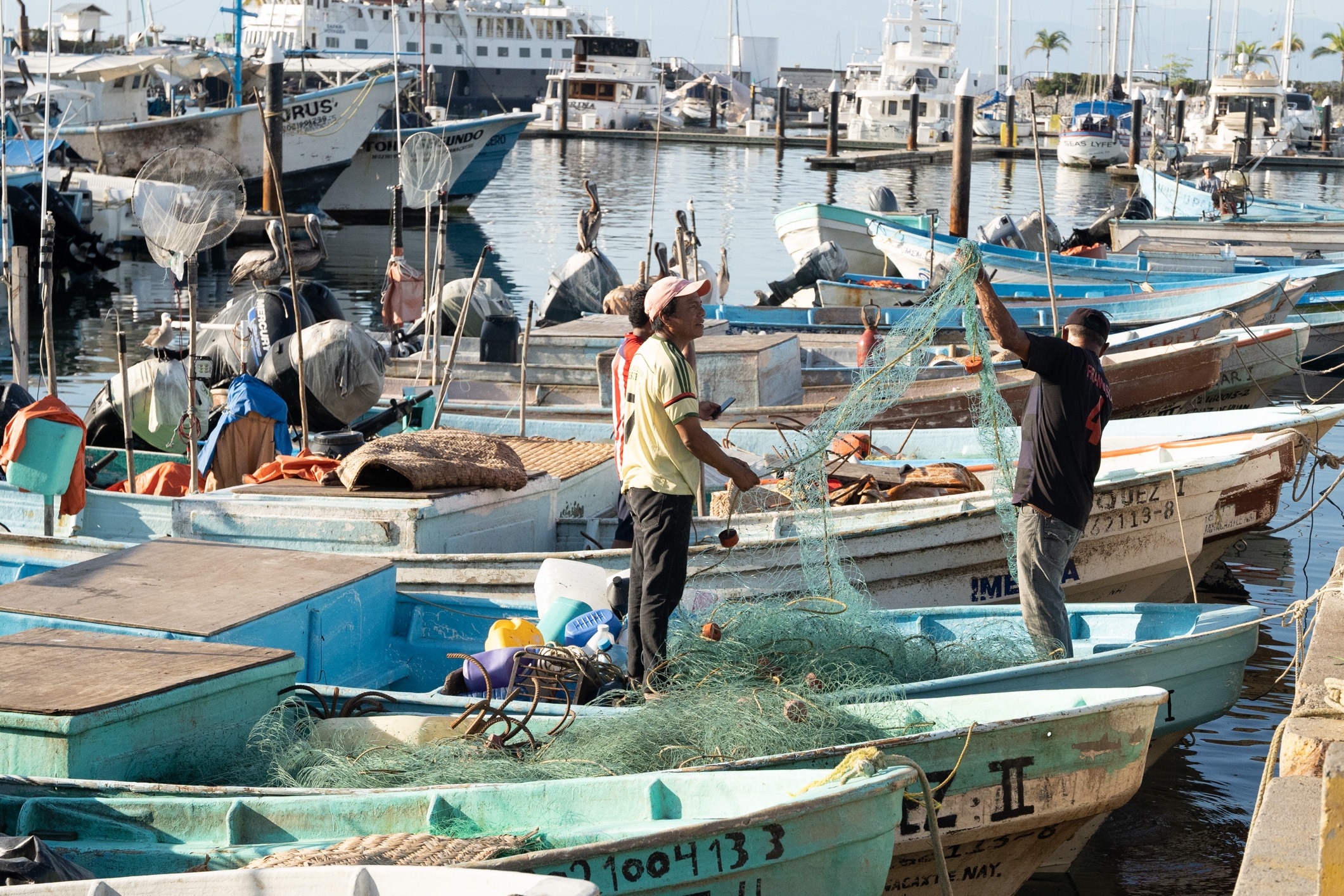

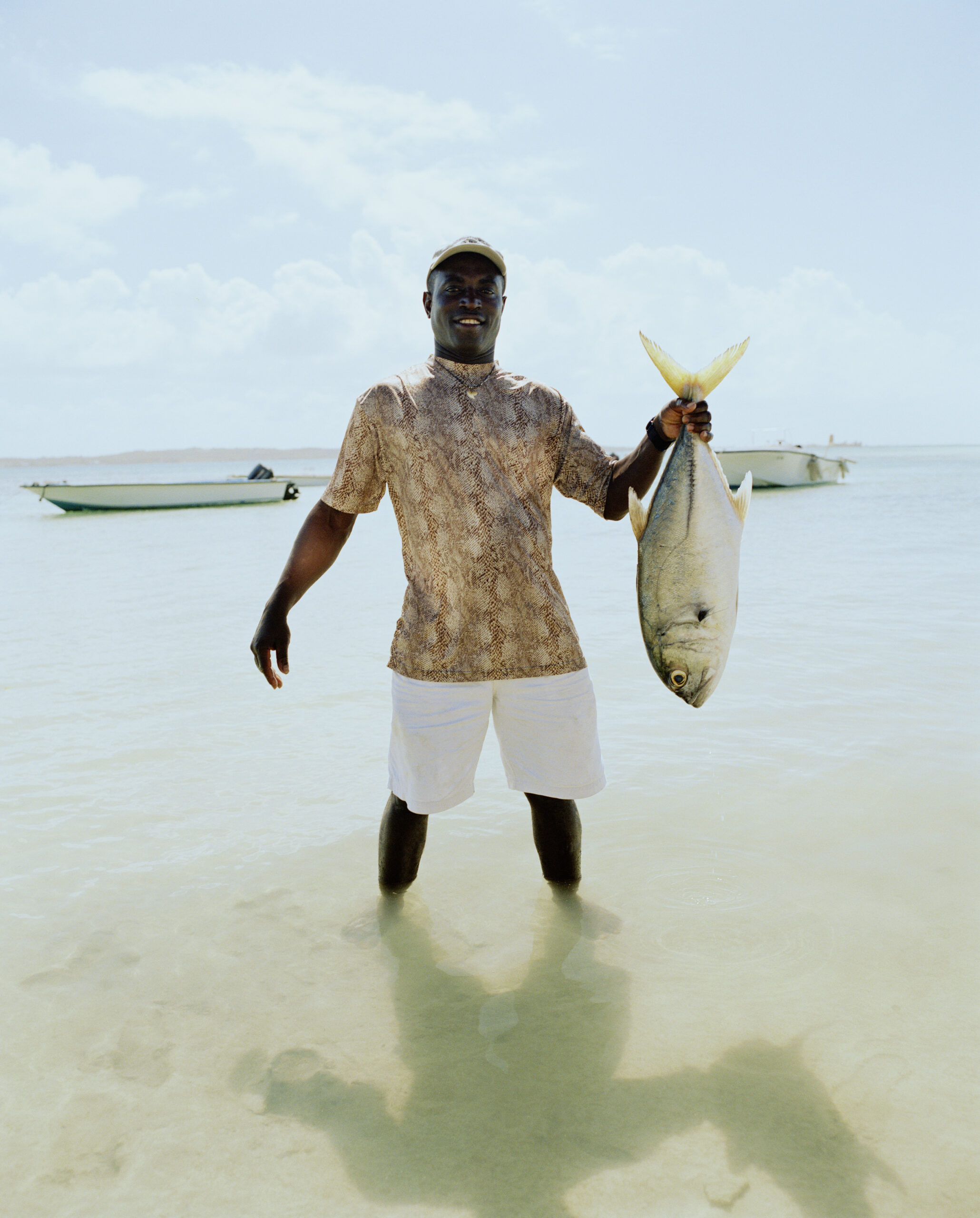
We aspire to set a model that transitions from traditional seafood sources to responsibly-sourced alternatives
We present our roadmap for the restorative and regenerative procurement of resources, the use and end use of water, energy and the products of the built environment: our hotels
Discover our resources
Anexo Guía Cero Residuos para el sector hotelero de Quintana Roo, México.
